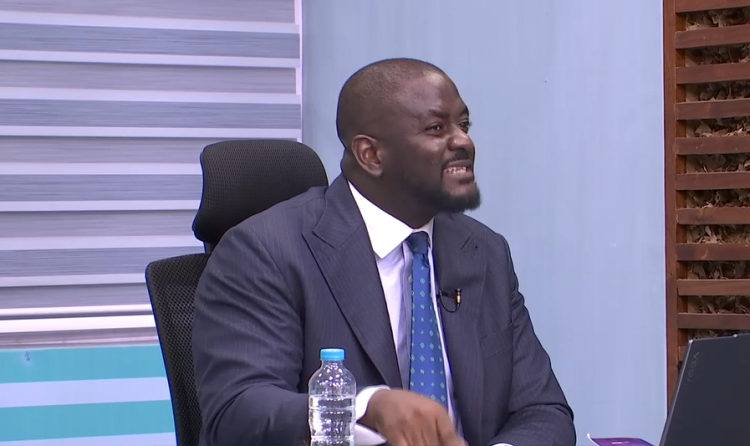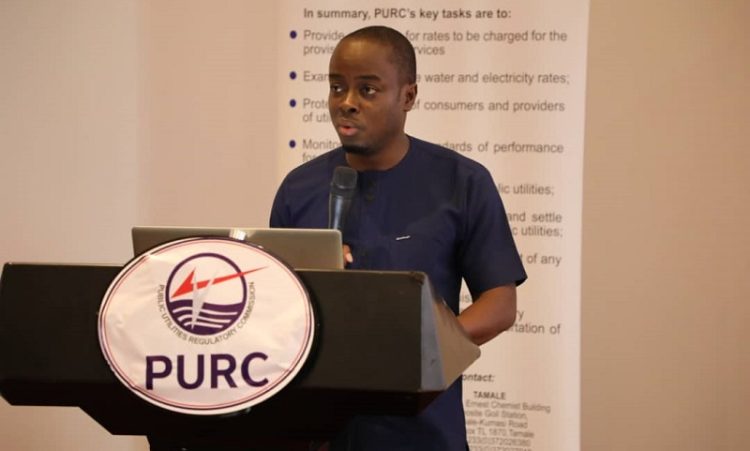Private legal practitioner Jonathan Amable has cautioned that the incoming government will face significant difficulties in managing Ghana’s growing debt. He highlighted that debt obligations from 2025 to 2028 could become unsustainable if the current borrowing practices are not reined in.

Amable criticized the government’s excessive spending, which he argued is far outpacing the country’s revenue generation. Despite ongoing debt restructuring efforts, he expressed concern that the debt burden continues to rise, putting immense pressure on future fiscal management. Speaking on The Point of View with Bernard Avle on Channel One TV, Amable emphasized the urgent need for fiscal discipline to prevent a potential financial crisis.
“We declared moratorium or stopped servicing our debts in 2022, just look at the figure of our debt as of 2022. And look at the figure we have now, it’s much higher. And so obviously, even with the restructuring and things that have happened, our debt is still accumulating at an alarming rate. Look, if you think about the obligations that are coming, just speak with any financial advisor, the obligations that are on the government from 2025, 2026, 2027, and 2028 are so huge.
“[Next government] They will have a huge challenge. We will have prices on our hands, if we’re lucky we will not have a balance payments crisis. But we may have a balance payment of crisis. If you look at all the foreign payments that are due, we don’t have access to the international capital market, our cocoa is performing poorly… We’re really living on the edge.”
Jonathan Amable has filed a writ at the Supreme Court seeking to stop the government from issuing Treasury Bills to finance its activities.
The legal action, filed in February and November 2024, demands that the government and its agents be restrained from issuing such bills, arguing that these actions lack the necessary parliamentary approval, violating the provisions of Ghana’s 1992 Constitution.
Amable contends that allowing this practice to continue will have severe negative consequences for the economy. His injunction application also calls for the Supreme Court to declare the actions of the Ministry of Finance and the Bank of Ghana as unconstitutional.
The legal challenge underscores concerns about the unchecked growth of government debt and the long-term fiscal health of the country.
























































![[FREE FREE MONEY] Predict and Win a Guaranteed GH¢200 From Us EVERY WEEK](https://wordpress.ghanatalksradio.com/wp-content/uploads/2022/02/Predict-and-Win-Final-09-03-2021-218x150.jpg)
![[Predict & Win – 8th/Oct.] WIN A Guaranteed ¢200 From Us This Week](https://wordpress.ghanatalksradio.com/wp-content/uploads/2021/10/maxresdefault-16-218x150.jpg)
![[Predict & Win – 2nd] WIN A Guaranteed ¢200 From Us This Week](https://wordpress.ghanatalksradio.com/wp-content/uploads/2021/09/maxresdefault-50-218x150.jpg)
![[Predict & Win – 25th] WIN A Guaranteed ¢200 From Us This Week](https://wordpress.ghanatalksradio.com/wp-content/uploads/2021/09/maxresdefault-36-218x150.jpg)
![[Predict & Win – 18th] WIN A Guaranteed ¢200 From Us This Week](https://wordpress.ghanatalksradio.com/wp-content/uploads/2021/09/maxresdefault-23-218x150.jpg)








![[National cathedral] See full list of churches that have contributed since 2018](https://wordpress.ghanatalksradio.com/wp-content/uploads/2020/09/Ghana-National-Cathedral-GhanaTalksRadio-100x70.jpg)



